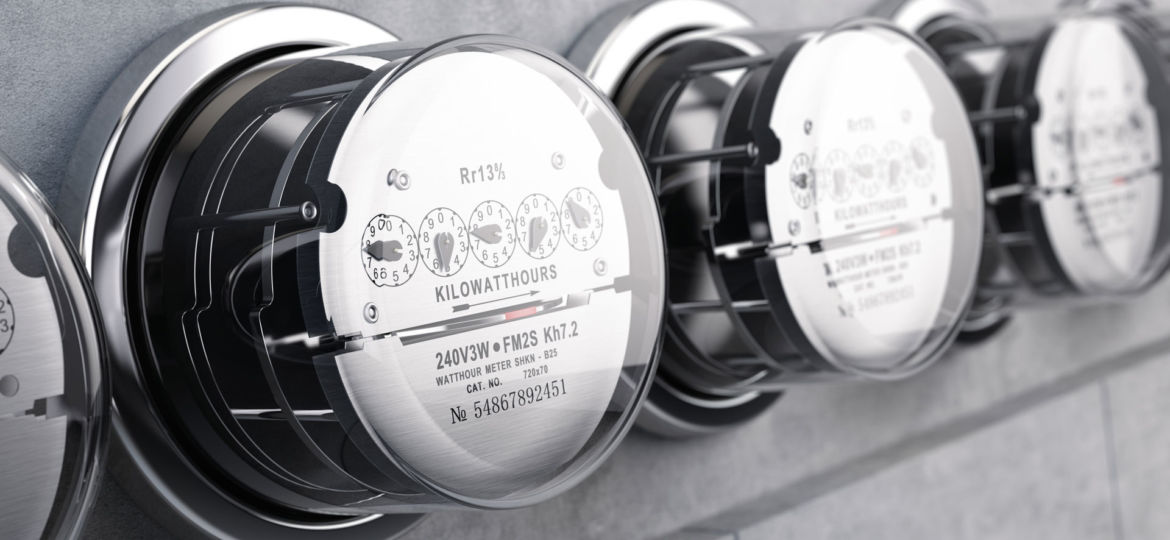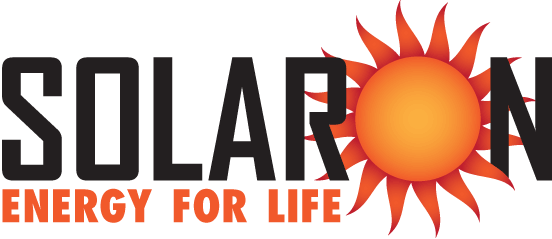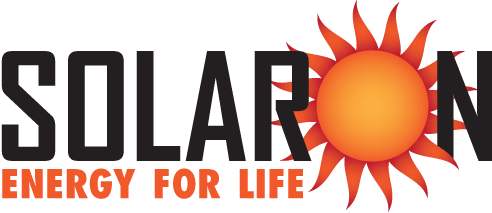
Net metering is the program that requires electrical utilities to pay solar panel owners for the excess electricity their system generates and sends to the power grid. For most residential homeowners, the size of their photovoltaic (PV) system does not guarantee that net metering will earn them a profit. At best, it insures a lower electrical bill over the span of the entire year.
How Do I Get Paid for Net Metering?
By law, utility companies are required to bill net metering customers annually. Once a year you pay the utility for the total electricity used by your property, or they pay you for the surplus electricity you generated over twelve months. (Each utility has its own rate scale for customer net metering payments, based on typical wholesale rates.) Since this method usually means that homeowners and small businesses receive a somewhat large bill once a year, most customers choose a monthly reconciliation, an option they can request of their utility.
What this second payment option typically means is that solar panel owners pay for electricity during the winter months, when the sun shines less. During the summer, they may generate much more electricity via their solar panels, but most people also use a lot more electricity due to high temperatures and the need for air conditioning. Therefore, the summertime bill may be far less than without solar panels, but it still usually requires a payment to the utility company. The big months for surplus electricity generation come in the spring and fall, when temperatures are mild, yet sunshine is relatively plentiful.
Should I Hook Up to the Grid or Not?
Setting up your PV system for net metering does require additional upfront costs. First, you must have a system that generates at least 1 kilowatt of power. (This part is usually guaranteed, as the homeowner and small business average falls between 2 and 4 kilowatts.) You need a special electric meter that registers both usage and production, or possibly two meters, one recording power coming to your property, and another recording power leaving your property for the grid. Also, additional equipment is needed to safely and effectively transfer power from your solar panels to the grid and to dictate when your power is sent to the utility. Costs vary based on the utility company, the location and the type of PV installation.
For more information about net metering and the potential benefits in your specific situation, contact one of our PV specialists for a free solar consultation from Solaron. We will be happy to answer your questions and help you determine whether net metering is cost effective for you.

